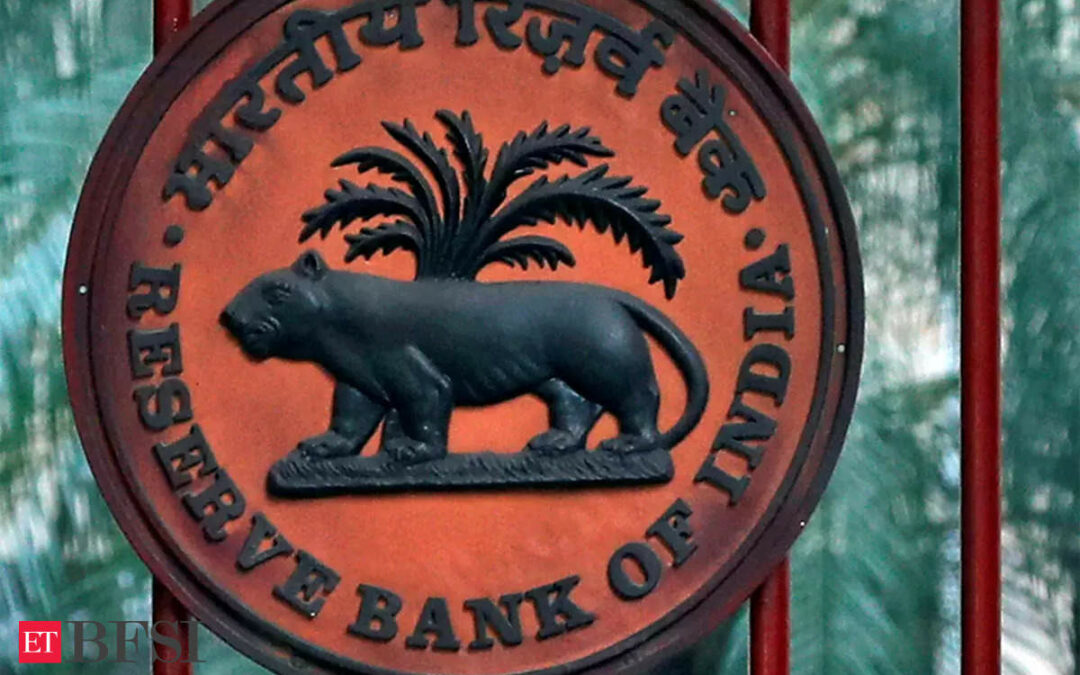India’s progress in providing banking access across the country notwithstanding, the micro and small business units, marginal farmers and self-help group members still suffer from unavailability of institutional credit, while grassroot customers do not get comprehensive financial services, Reserve Bank of India said.
“Deepening financial inclusion is not merely about increasing the number of bank accounts but about ensuring that every individual has access to a comprehensive range of financial services tailored to their needs. This includes savings, credit, insurance and investment products that can enhance their economic well-being,” the deputy governor said on June 19 at the Conference of Convenors of State Level Bankers’ Committees, held at College of Agricultural Banking in Pune.
RBI shared a copy of his speech Monday.
His remarks were based on a review of the underlying parameters of the Financial Inclusion Index, developed by the central bank to gauge the progress achieved in financial inclusion across the three dimensions of access, usage and quality of financial services.
Expansion of credit, particularly to the underserved sectors such as MSMEs, agriculture, and the marginalised communities, is essential for fostering inclusive growth and sustainable development.
“Addressing these credit gaps demands a multi-pronged effort in which SLBCs have a crucial role,” the RBI brass said.
He suggested that SLBCs should undertake detailed analyses to identify the root causes of the lack of growth in credit seen in several pockets.
“SLBCs can develop more targeted and effective credit plans. This approach will not only enhance credit flow but also ensure that it reaches the sectors and regions that need it the most, thereby supporting sustainable economic development,” he said, suggesting that banks should leverage the technology to the fullest in enhancing financial inclusion and credit delivery.
“Technology can be a game changer… SLBCs should promote the use of fintech solutions to streamline banking operations and improve customer service,” he added.
Out of 785-odd districts, 179 districts are fully digitally enabled as of March. Five states — Kerala, Telangana, Andhra Pradesh, Tripura and Tamil Nadu have made all their districts fully digitally enabled.










